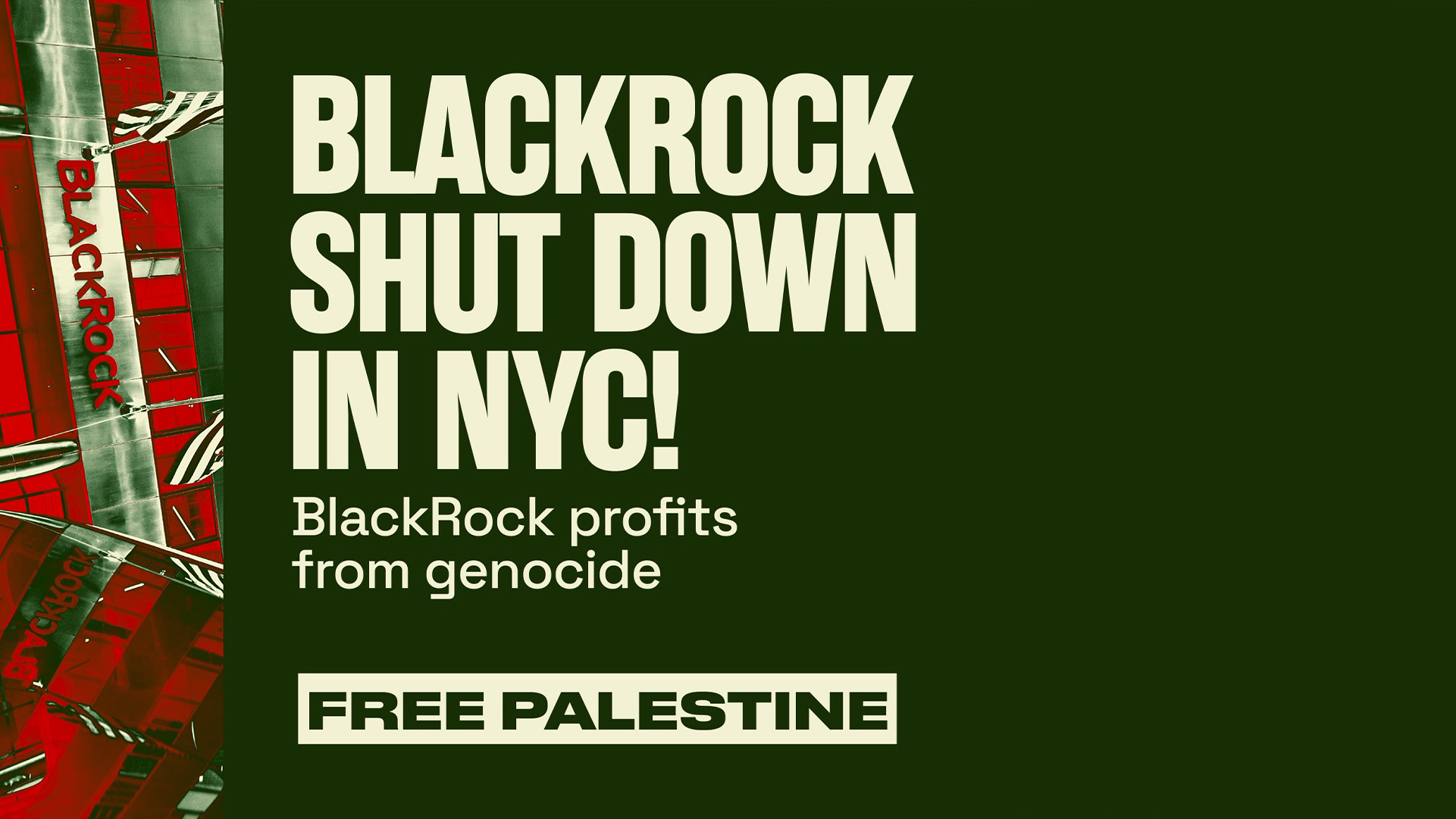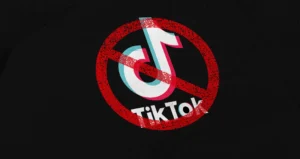BlackRock is a company that, despite its wide-reaching control over corporations and governments, is seldom popularly discussed. It is amongst a group of powerful actors that have decisive control over the agendas of many large companies. In fact, the likes of Apple, JPMorgan Chase, and Home Depot are subject to the discretion of BlackRock and its contemporaries. (1)
But besides just business, BlackRock has become entangled in supranational operations too, playing the role of supervisor to government agencies. Naturally, having a for profit business dictate the course of government operations, however, is a concerning conflict of interest. As BlackRock utilizes its influence across domains to fulfill its interests, it becomes exceedingly important to be aware of their involvements and shortcomings.
To understand the foundation of BlackRock’s power, however, we need to understand the advantage they have in controlling company policies. And to do so, we turn to their method of action, known as “proxy voting”.
…
Individual investors purchase publicly traded ETFs and index funds from the stock market. You can think of these funds as a collection of stocks, all wrapped up into one ticker symbol. This collection is selected to mimic the composition of an index like the S&P 500. These mutual funds are managed by asset managing companies like BlackRock. Although purchasers profit from the stocks comprising the mutual funds, the owner on paper is actually the asset manager.
So now, when important resolutions are brought up at the Annual General Meeting of individual companies, BlackRock has the power of voting on behalf of the people who purchased their mutual funds.
As it turns out, through this model of proxy voting, BlackRock is given a lion’s share of representation at AGMs. In fact, BlackRock, Vanguard, and State Street–the three biggest asset managers–hold 43% of the mutual funds market in the States.(1) This gives them a commanding presence at AGMs, making their choices and votes particularly influential.
Consistent with its image as a socially responsible investment company, BlackRock offers ESG (Environmental, Social, Governance) mutual funds. Take ticker XVV for example. This iShares ETF is meant to represent the S&P500, but with screening to ensure that undesirable business activity is reduced. This fund screens for things like controversial weapons, small arms, and tobacco (2)–a potentially appealing deal for a conscious investor.
But BlackRock really should not let their retail investors know about the rest of their activities, lest they live with dissonance over their “ethical” investments.
Outside of their ESG mutual funds like iShares’ XVV offering, BlackRock has taken large positions with weapons manufacturers through index funds. These funds sample indices that include your typical suspects. Take Lockheed Martin, for example, which BlackRock has a whopping 7.40% stake in as of its last disclosure. (3) Or Boeing, in which they have a 7.0% stake. (4) Likewise, in the domestic realm, BlackRock has holdings in popular civilian arms manufacturers like Sturm Ruger. (5)
So now it becomes obvious why BlackRock’s facade of social responsibility is a flimsy attempt at hiding their other projects. BlackRock is cautious to avoid including weapons manufacturers in their actively managed funds, so that they can maintain plausible deniability of benefiting from them. But in reality, they continue to be nourished by the success of defense contractors and civilian arms manufacturers, just with them smuggled in with the rest of the S&P.
These defense contractors are the companies which arm global oppression. BlackRock, as the world’s largest asset manager, is mutualistically tied to their success. Maintaining reputation and promoting client success are top priorities for BlackRock, and to do so means ensuring that their holdings are growing. So in relation to the weapons contractors that they are so deeply invested in, this means making sure that they have business. This is how BlackRock benefits from militarization and conflict.
And, of course, with proxy voting and widespread influence, they have means to do so. BlackRock can easily leverage its control of corporations, which it has across competing defense companies. Through proxy voting, BlackRock can push for political contributions, company strategy, or lobbying that embodies this militaristic attitude. In the end, BlackRock, an unaccountable financial institution, dictates the course of technological military advancement instead of the democratic process.
And the data shows they do just that–using votes to conform to their militaristic agenda. Across 100 important S&P resolutions, BlackRock was quick to show support for civil rights and racial equity resolutions, with a support rate of 73%. (1) Contrast this to their 31% support rate of human rights and ethical use of technology initiatives1, and it becomes clear that BlackRock conditionally supports ethics. They steer clear when their defense positions are at risk.
So, to the naive and aspirationally responsible investors, do not remain in the unawares. Your ESG holdings are but a farce. They feed BlackRock–lover of militarization and war.
Of course then, a company with the zeal of BlackRock would not stop at just corporations.
Indeed, BlackRock’s interest seeps into the seats of governments too.
…
In 2018, BlackRock was reported by the Campaign for Accountability (CfA) to be in cahoots with the Trudeau government over its Canada Infrastructure Bank. Playing the role of advisor, BlackRock helped out with the bank, even being as kind as to aid in the selection of important Bank positions. (6)
With a conflict of interest this severe, a CfA executive aptly remarks: “BlackRock stands to benefit substantially from the Canada Infrastructure Bank…Canadian taxpayers ought to be asking themselves whether the Bank is really going to benefit them or BlackRock’s clients.” (6)
But it is not just BlackRock’s relationship with Trudeau, BlackRock has ties with many governmental agencies. They have hired a minimum of 84 former government employees.7 Its investment analysis tool, Aladdin, is employed by European Central Banks and even the Federal Reserve. (7)
These instances of BlackRock advising world governments represent corruption of the democratic process at the fundamental level. The programs which are meant to benefit the citizens who support them are instead hijacked by an international mega-corporation. As BlackRock steers these financial ships, they ensure to profit from their strategic involvement.
…
With an organization as pervasive as BlackRock, it is hard to know it all. Through their asset management, they obtain remarkable control over many of the world’s most significant companies. They even play the role of advisor to many governmental organizations, inevitably profiting where they have no right to.
All of that said, most people would not recognize BlackRock nor understand the role it plays in corporations and governments. You on the other hand, dear reader, should now have a basic understanding of how BlackRock sources its power.
And that means you can do something about it.
Ultimately, BlackRock’s power is derived from managing other people’s money. Every retirement contribution, index fund investment, and passive decision to maintain the status quo contributes to the company’s influence.
So, audit your investments. Use the resources we have linked to check whether your retirement funds include BlackRock investments in weapons manufacturers, private prisons, or other controversial industries.
While you are at it, demand alternatives. Contact your employer’s HR department or retirement plan administrator. Ask for investment options that exclude weapons manufacturers and other harmful industries.
And vote with your dollars. If you have discretionary investments, choose funds and financial institutions that align with your values rather than maximizing profits at any cost.
We’ve compiled comprehensive resources to support your action:
As You Sow – Weapon Free Funds Database: https://weaponfreefunds.org/fund/blackrock-equity-dividend-fund/MADVX/weapon-investments/FSUSA001M1/FOUSA00DTN
As You Sow – Invest Your Values Platform: https://www.asyousow.org/invest-your-values/
Harvard Law School Corporate Governance Forum – Morningstar Research: https://corpgov.law.harvard.edu/2023/07/03/proxy-voting-insights-how-differently-do-the-big-three-vote-on-esg-resolutions/
Campaign for Accountability: https://campaignforaccountability.org/first-look-digging-into-blackrocks-dc-footprint/
For policy advocacy, contact your representatives about pass-through voting, concentration limits, and conflict of interest regulations.
References:
- Harvard.edu. [cited 2025 Aug 28]. Available from: https://corpgov.law.harvard.edu/2023/07/03/proxy-voting-insights-how-differently-do-the-big-three-vote-on-esg-resolutions/
- IShares ESG Select Screened S&P 500 ETF [Internet]. BlackRock. [cited 2025 Aug 29]. Available from: https://www.ishares.com/us/products/315917/ishares-esg-select-screened-s-p-500-etf
- Fintel.io. [cited 2025 Aug 29]. Available from: https://fintel.io/so/us/lmt/blackrock
- Fintel.io. [cited 2025 Aug 29]. Available from: https://fintel.io/so/us/ba/blackrock
- Fintel. BlackRock Inc. Ups stake in Sturm Ruger & Company Inc (RGR) [Internet]. Nasdaq. 2023 [cited 2025 Aug 29]. Available from: https://www.nasdaq.com/articles/blackrock-inc.-ups-stake-in-sturm-ruger-company-inc-rgr
- Dewan B. New report adds to conflict of interest concerns surrounding BlackRock’s advisory role in Trudeau’s Canada infrastructure bank [Internet]. Campaign for Accountability. 2018 [cited 2025 Aug 29]. Available from: https://campaignforaccountability.org/new-report-adds-to-conflict-of-interest-concerns-surrounding-blackrocks-advisory-role-in-trudeaus-canada-infrastructure-bank/
- Dayen D. How BlackRock rules the world [Internet]. The American Prospect. 2018 [cited 2025 Aug 29]. Available from: https://prospect.org/economy/blackrock-rules-world/





